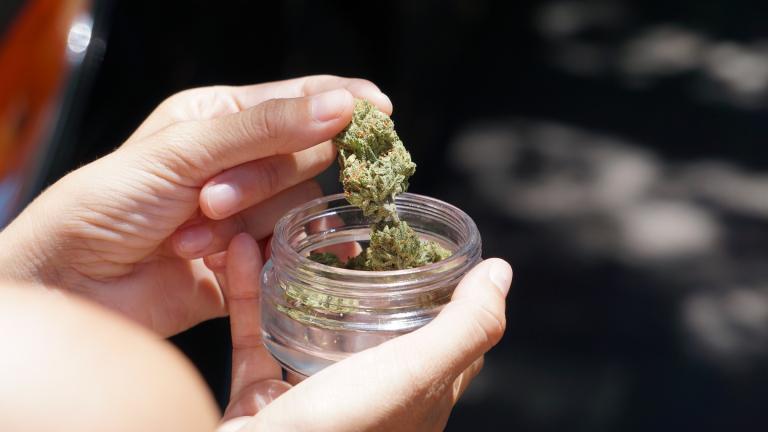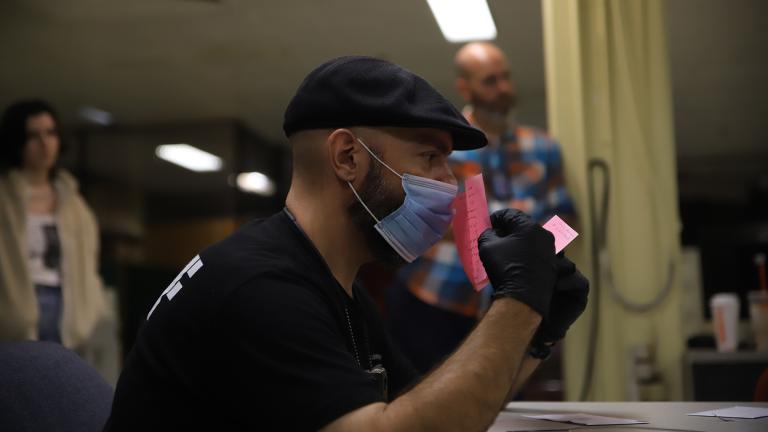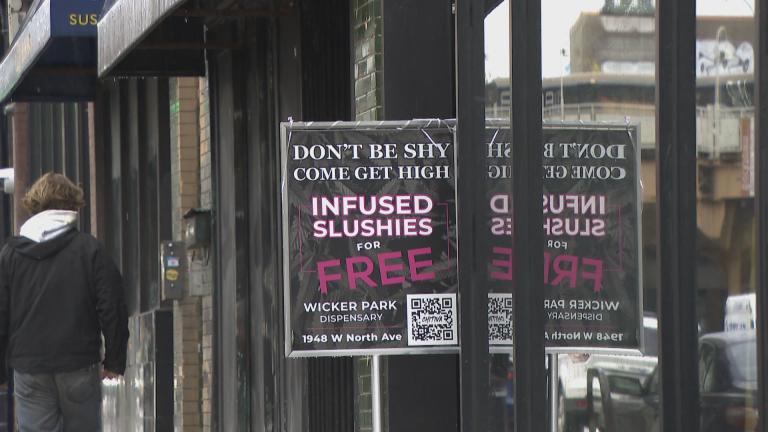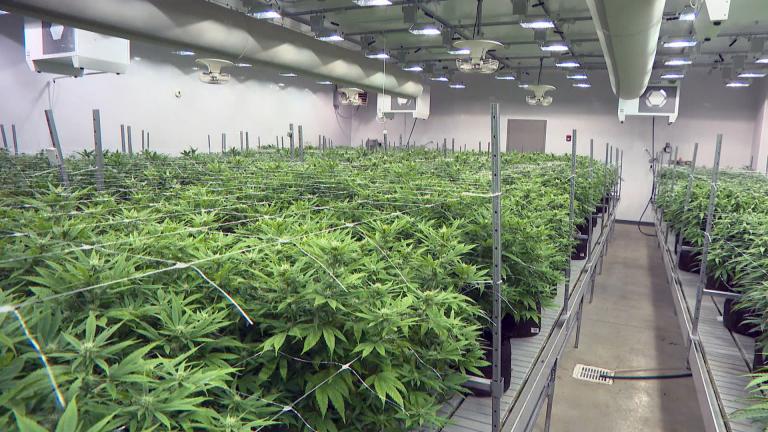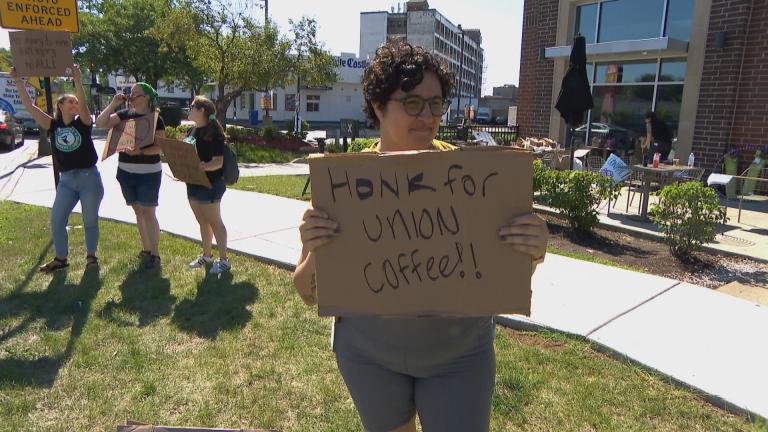Is Illinois on the path to legalizing recreational marijuana? Gov. J.B. Pritzker, who was sworn in Monday, said as much during his inaugural address in Springfield.
“In the interests of keeping the public safe from harm, expanding true justice in our criminal justice system, and advancing economic inclusion, I will work with the legislature to legalize, tax and regulate the sale of recreational cannabis in Illinois,” Pritzker said on Monday.
The effort to legalize marijuana also has support from at least some members of the state legislature.
State Sen. Heather Steans, D-Chicago, and state Rep. Kelly Cassidy, D-Chicago, are sponsors of a proposed plan that would allow anyone 21 or older to use cannabis legally. The pair of legislators unveiled their plan in 2017.
The idea also has support from some Illinois residents. Two years ago, the Paul Simon Public Policy Institute at Southern Illinois University conducted a poll in which about 66 percent of people said they supported the recreational use of cannabis, while about 30 percent said they were against it.
In November, nearly 90 percent of Chicago voters said they would support revenue from marijuana sales being used to fund schools.
Medical cannabis is legal for some uses in Illinois, and possession of up to 10 grams of cannabis has been decriminalized since 2016.
Dr. Aaron Weiner, director of addiction services at Linden Oaks Behavioral Health, said legalizing cannabis without sufficient regulations could lead to problems.
“Creating the commercial market is a bad idea … if you create an industry [and not a] policy … [where] the motive is to make as much money [as possible],” Weiner said.
According to a November 2018 report by the Illinois Economic Policy Institute, if the state were to legalize recreational cannabis use, Illinois would generate more than $500 million in tax revenues, create more than 23,000 jobs and boost the state’s economy by $1 billion annually. Additionally, the report claims it would allow the state to make more pension payments and investments in infrastructure, K-12 public schools, college assistance programs and drug treatment and prevention programs.
Sharone Mitchell, deputy director of the Illinois Justice Project, sees legalization as an opportunity for equity for communities of color that have been impacted negatively by drug policy.
The IJP and other organizations are working closely with Steans and Cassidy on the measure.
“What we’re looking at doing is ensuring that individuals who have been caught up in the system through poor drug policy are able to have their records expunged,” Mitchell said. “That it does not hold them back from housing, education and work.”
Also important is ensuring that the pool of people benefiting from the sale of cannabis is diverse, Mitchell said.
“We want to ensure that funding or tax benefits that can come from the sale of legal cannabis are reinvested in communities that have been damaged by the criminal justice system,” he said.
It is up the state legislature to legalize adult cannabis use. Other states, such as Alaska, California, Colorado, Maine, Massachusetts, Nevada, Oregon and Washington, legalized adult cannabis use through voter ballot measures. Vermont did so through legislation.
Last year, Michigan became the first state in the Midwest to legalize recreational cannabis.
Weiner and Mitchell join Chicago Tonight for a discussion on the state’s potential path to legalized recreational marijuana.
Related stories:
Pot as a Painkiller: New Law Aims to Curb Opioid-Related Deaths


